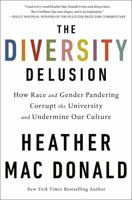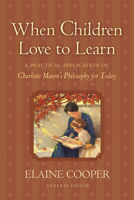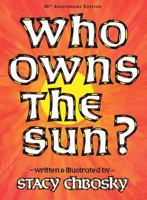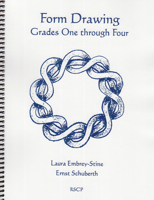Math Criss-Cross Times Tables: Over 80 Fun Number Grid Puzzles!
Criss-cross puzzles are the new hit puzzle type. With interconnected grids, they provide a unique and inventive way for children to improve their math skills.
This vibrantly illustrated, ingeniously designed book transforms multiplication into a game that young readers will love. As they solve the puzzles, kids will be boosting the speed at which they can solve times table sums, and supercharging their mental math ability. It even includes a fun fact on every page, linked to the full-color illustrations. Providing invaluable screen-free time and endless entertainment, this activity book aims to bridge the gap between play and formal learning. Perfect for kids aged 6+.Format:Paperback
Language:English
ISBN:1398802611
ISBN13:9781398802612
Release Date:August 2021
Publisher:Arcturus Editions
Length:96 Pages
Weight:0.73 lbs.
Dimensions:0.3" x 9.2" x 10.2"
Age Range:6 to 10 years
Grade Range:Grades 1 to 5
You Might Also Enjoy
Customer Reviews
2 customer ratings | 2 reviews
There are currently no reviews. Be the first to review this work.








































